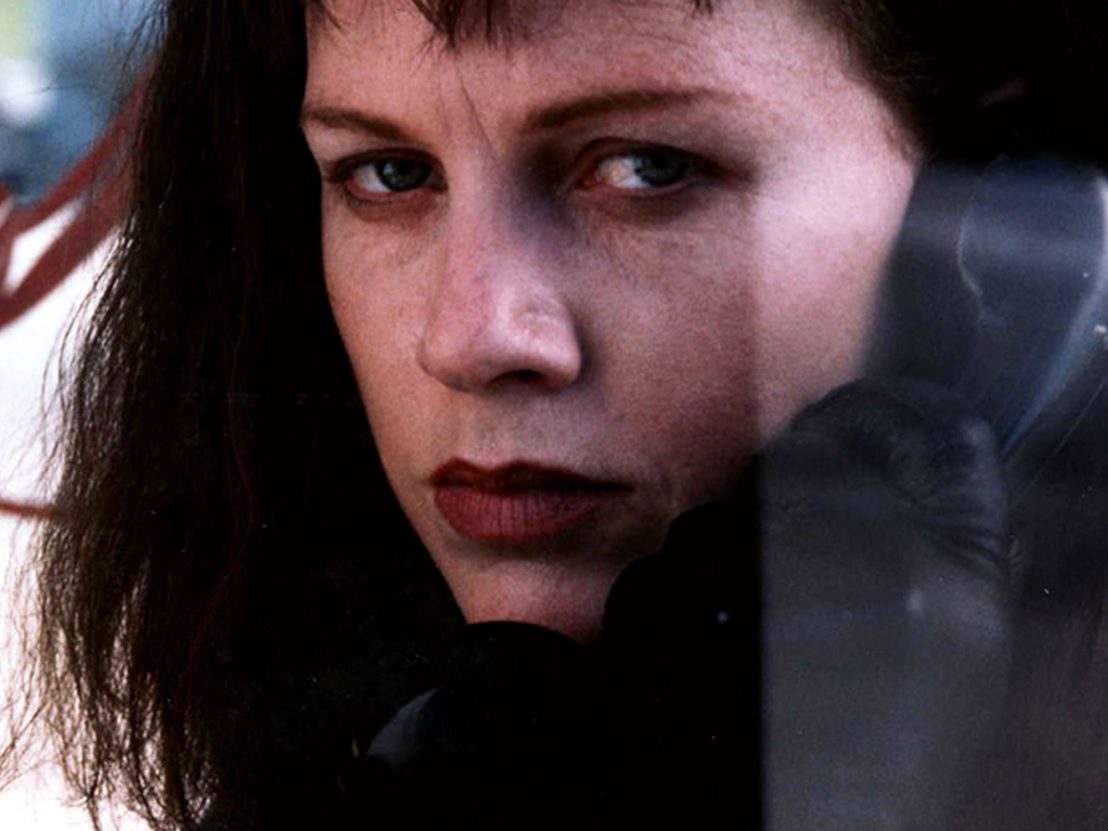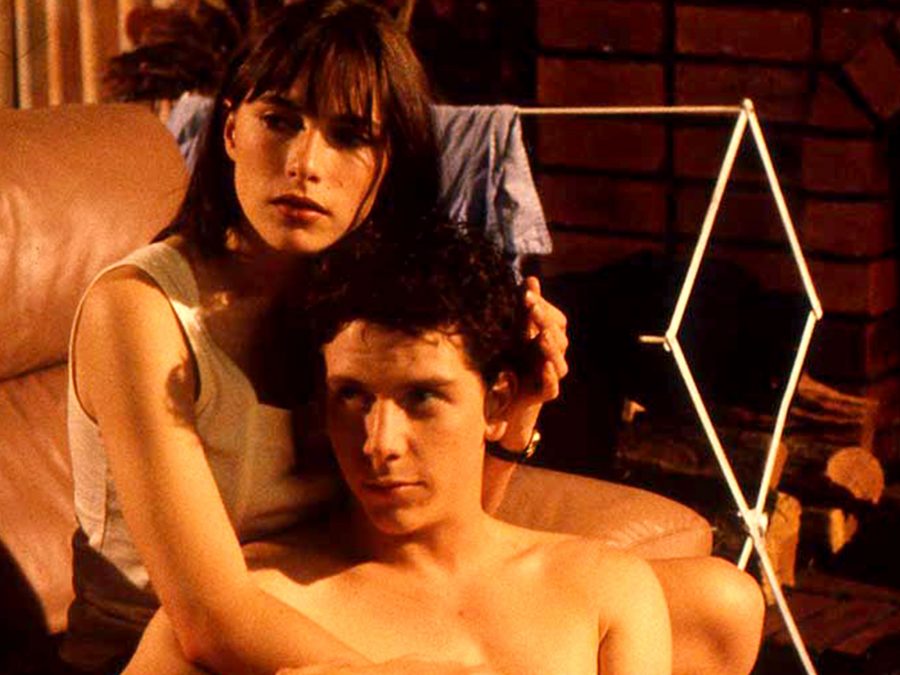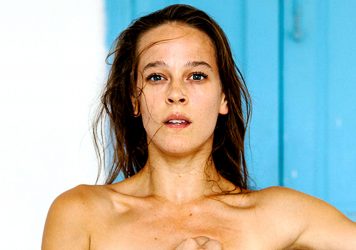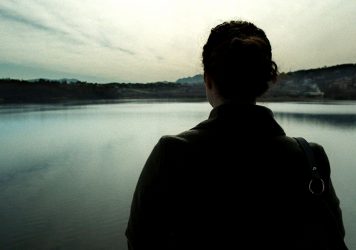
A programming strand dedicated to female perspectives was a highlight of this year’s festival.
A recent wave of gritty, grisly crime thrillers including films like Animal Kingdom, Snowtown, and Hounds of Love would suggest that in its most recent iteration, Australia’s national cinema is a cinema of men. But at the 2017 edition of the Melbourne International Film Festival, a repertory programme co-curated by Michelle Carey and Alexandra Heller-Nicholas asserted that this wasn’t always the case.
MIFF’s ‘Pioneering Women’ strand comprised nine features directed by women, all told from a female perspective. The selection ranged from Gillian Armstrong’s 1982 musical Starstruck to Clara Law’s rarely screened satire on the immigrant experience, Floating Life, with several films showing from 35mm prints. Imagine how different contemporary Australian films would look, it theorised, if women’s stories had been canonised.
In a panel discussion centred on the Pioneering Women programme, filmmaker Nadia Tass joked that, “in Australia, we’re frightened of our emotions in movies.” None of the films I saw could be called frightened; these were ballsy and expressive, interested in sentiment (though not all of them sentimental in their approach). Tass’ own The Big Steal stars a young Ben Mendelsohn as Danny Clarke, an awkward teenager who steals a Jaguar in an attempt to seduce the sophisticated Joanna Johnson (Claudia Karvan). Mendelsohn’s Danny is sensitive, bumbling, ginger, “a Pisces” (“a bloody dreamer!”), but not friendless. He is an atypical underdog within Tass’ teen movie world. From its high school setting to its ’80s soundtrack (Tass makes particularly fitting use of the literally titled ‘The World Seems Difficult’ by Aussie New Wave band Mental As Anything), The Big Steal is practically John Hughesish in tone.
Yet there are weird flashes of dry humour, a blue Nissan called Cedric, references to the Australian game show Sale of the Century; brief moments of decidedly un-American eccentricity. “Little boys in big cars – you’re all the same”, grumbles an exasperated Johnson, but even the motor-related set pieces have a deadpan sensibility. “My first car chase and it’s a bloody Volvo!” groans cool guy Van (Angelo D’Angelo). Elsewhere, a class-conscious subplot concerns itself with Danny’s insecurities, whose Big Steal is a direct response to his father’s assertion that “these cars” are “not for us” because “we’re working class”.
The programme also featured one of Claudia Karvan’s earliest roles, in Gillian Armstrong’s High Tide, which had not screened since its original release in 1987. Fresh-faced and freckly, Karvan is Ally, a trusting pre-teen who lives with her grandmother in a caravan and strikes up an unexpected intergenerational friendship with a depressed and drunk backup singer (Judy Davis, a revelation as the sour, self-destructive Lillie).
Big in Australia, but unknown to me, Armstrong’s bittersweet melodrama resists giving the unlikeable Lillie a classically constructed redemption arc. Her camera is often bracingly intimate, hovering unnervingly close to its subjects, either hanging just above or sitting slightly below chin level. In this sense, the film’s emotional climax, which takes place in a parked car, is claustrophobic in its staging as well as its content.

Less accessible – though just as memorable – was Tracey Moffat’s Bedevil, a playful triptych of ghost stories passed down as oral histories. A photographer and visual artist with Aboriginal heritage, Moffat’s film is alive with lurid colours and dancing shadows, flashy cutting and deliberate, fake-looking set design. The first story, ‘Mr Church’, is a Southern Gothic war story; the second, ‘Choo Choo Choo Choo’ a blind girl’s memory of a train track encounter; the third, ‘Lovin’ the Spin I’m In’, about two lovers living in a warehouse.
Moffat’s images blur as different temporalities melt into one another, mimicking the structure of memories and dreams. Her depiction of Australia exists “beyond Australian pastorals”, as the filmmaker Sam Lang put it during the Pioneering Women panel discussion. Indeed parallel Australia is aggressively un-pastoral; a vivid purple sunset recalls Singin’ in the Rain, while the oddball vaudeville of the film’s narrators evoke, bizarrely, Harmony Korine’s Gummo.
“Why can’t we plant our roots in this soil?” is the question at the heart of Clara Law’s Floating Life, a comedy drama about a family of Chinese immigrants who move from Hong Kong to Australia and Germany. There are good-humoured jokes about the outback’s practical problems, like poisonous spiders, and suburban pitbulls, and the Australian sun burning a hole in the ozone layer, as well as a spikily paranoid older sister (Annie Yip) who warns her younger brothers about “marijuana!” and “girls pregnant before 10 years old!”.
Despite her flip sense of humour, Law digs deep, articulating the link with depression and diasporic displacement, and examining the tension between assimilation into Western culture and the preservation of traditional Chinese values like “filial respect”. Ironically, this tension isn’t borne of irreconcilable differences, but of the emotional guilt that accompanies a successful cultural transition. “The happier I am in Germany, the more it hurts,” says oldest sister Yen (Annette Shun Wah).
I only wish I had managed to see everything in the Pioneering Women programme (I felt a knot of envy tighten in my chest upon overhearing the legendary Australian critic Philippa Hawker describe Laurie McInnes’ 1993 film Broken Highway as “a real discovery”). Floating Life screened from a 35mm print provided by Australia’s National Film and Sound Archive, though a viewing link for review purposes appeared to be a badly ripped VHS transfer. While it’s a privilege to have watched this programme on film, the matter of digital preservation remains pressing if this lesser-seen selection is to infiltrate any kind of canon (and especially if it is to tour internationally). MIFF’s consecration of these Pioneering Women is the necessary first step.
For more info on this year’s MIFF visit miff.com.au
Published 4 Sep 2017

Films made by women make up a quarter of this year’s bumper programme.

Read part one of our countdown celebrating the greatest female artists in the film industry.

This year’s Sarajevo Film Festival presented over 50 films made by women.